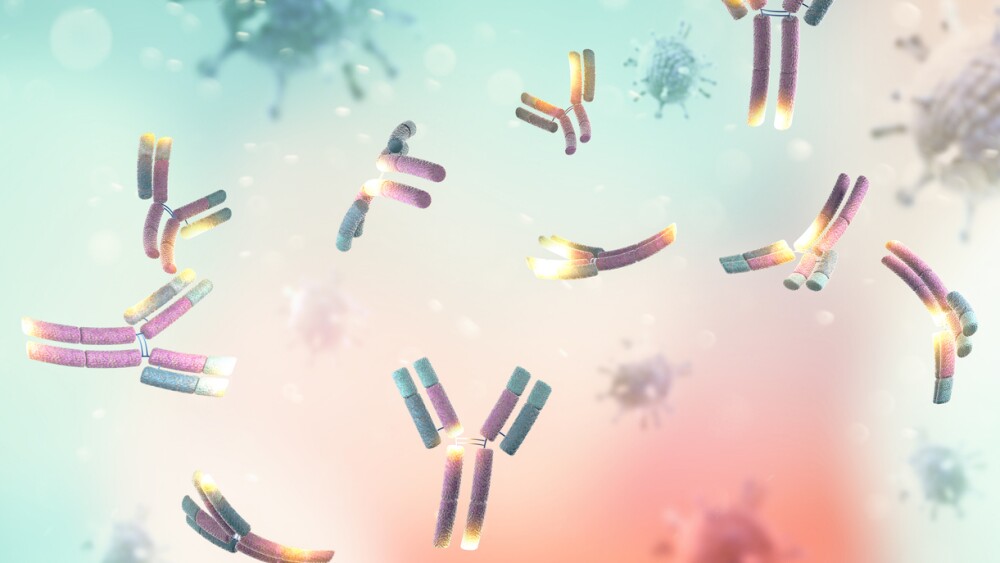Vanqua Bio announced that the first patient has been dosed in a first-in-human Phase 1 clinical study evaluating VQ-101 in healthy individuals and patients with various forms of Parkinson’s disease (PD).
- VQ-101 is a potent allosteric activator of glucocerebrosidase (GCase)
- The Phase 1 program aims to demonstrate VQ-101’s pharmacodynamic effects in healthy volunteers and Parkinson’s patients
CHICAGO, April 09, 2024 (GLOBE NEWSWIRE) -- Vanqua Bio, a clinical-stage biopharmaceutical company dedicated to discovering and developing next-generation medicines for the treatment of neurodegenerative diseases, announced that the first patient has been dosed in a first-in-human Phase 1 clinical study evaluating VQ-101 in healthy individuals and patients with various forms of Parkinson’s disease (PD). VQ-101 is an orally administered brain-penetrant small molecule allosteric activator of the lysosomal enzyme glucocerebrosidase (GCase).
“VQ-101 demonstrated promising efficacy, safety, pharmacokinetics, and target engagement in preclinical studies. The launch of the Phase 1 study exemplifies Vanqua Bio's ability to translate our lysosomal biology and medicinal chemistry expertise into pioneering treatments that are well suited for clinical development,” said Jim Sullivan, PhD, Chief Executive Officer of Vanqua Bio. "This evolution to a clinical-stage company is an important milestone for Vanqua and brings us closer to our goal of addressing unmet patient needs through evidence-based innovation.”
Vanqua is initially developing VQ-101 for the treatment of Parkinson’s disease with mutations in GBA1 (GBA-PD), the gene that encodes GCase. Mutations in GBA1 are the most common genetic risk factor for PD, representing approximately 10% of patients with PD worldwide. Mutations in the GBA1 gene result in a decrease in the activity of GCase. Reductions in the activity of GCase disrupt the function of lysosomes, the recycling centers of the cells, enabling toxic forms of proteins, including alpha synuclein, to accumulate and harm neurons.
In developing VQ-101, Vanqua is adopting a precision-medicine approach that focuses initially on patients with GBA-PD, the largest genetically defined segment of PD. In preclinical studies, Vanqua has demonstrated that VQ-101 activates lysosomal GCase in a live-cell assay in vitro, ex vivo, and in vivo, demonstrates robust pathway engagement, and blocks the accumulation of insoluble alpha synuclein, which is the pathological hallmark of PD.
About the Phase 1 Study
The first-in-human study with VQ-101 will be a randomized, double-blind, placebo-controlled single- and multiple-ascending dose study in healthy volunteers and PD patients with or without GBA1 mutations. The study is designed to evaluate VQ-101’s safety and tolerability, pharmacokinetics (PK), and pharmacodynamics (PD).
About Vanqua Bio
Founded in 2019 and headquartered in Chicago, Vanqua Bio is a biopharmaceutical company dedicated to discovering and developing next-generation medicines that have the potential to transform the lives of patients with neurodegenerative diseases. Our technology platform utilizes human genetics and patient-derived neuronal cells to identify, validate, and clinically translate novel disease pathways associated with lysosomal dysfunction or aberrant activation of the innate immune system. Initially, we are targeting glucocerebrosidase (GCase) as a potential treatment for Parkinson’s disease (PD). Additional programs address overactivation of the innate immune system in central and peripheral neurodegenerative disorders, including Alzheimer’s disease. For more information, go to www.vanquabio.com.
Media Contact
Alyssa Paldo
FINN Partners
alyssa.paldo@finnpartners.com






